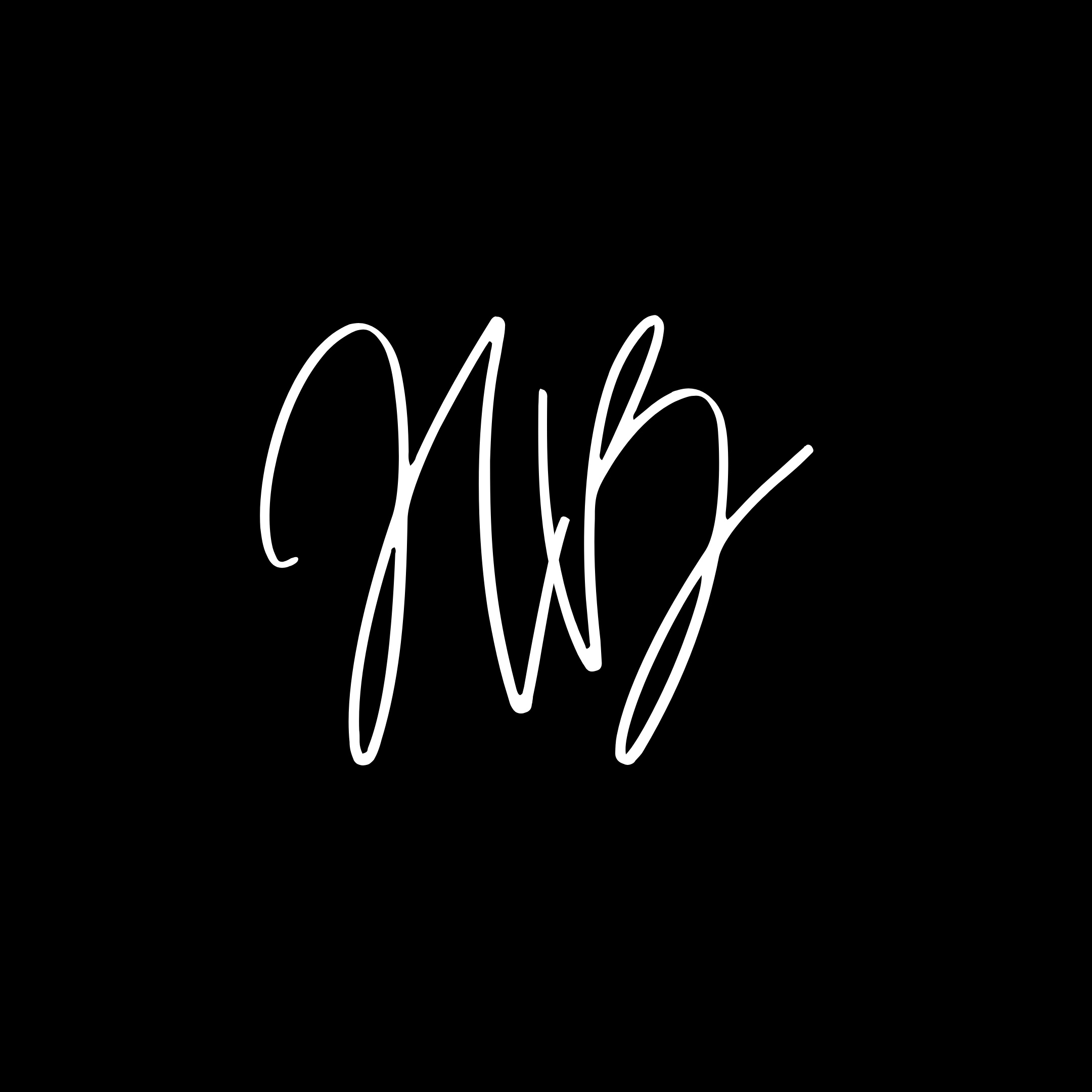Hobby vs Formal Course : Choosing the Right Path for Your Musical Journey
- Bhardwaj H

- May 2, 2023
- 3 min read
Updated: Aug 6, 2023
Music, with its captivating melodies and soul-stirring harmonies, has the power to touch our hearts and transcend cultural boundaries. Whether you're looking to embrace music as a leisurely pursuit or embark on a professional musical journey, the choice between a hobby music course and a formal music course is a crucial decision that shapes your experience and goals. In this article, we will delve into the intricacies of these two paths, examining their characteristics, benefits, and considerations to help you make an informed choice aligned with your aspirations.
**Understanding Hobby Music Courses: Nurturing Your Passion**
A hobby music course offers a gateway for individuals who seek to embrace music as a joyful and leisurely pursuit. These courses are designed to accommodate a diverse range of learners, from beginners to enthusiasts with some musical background. Here's a detailed look at what sets hobby music courses apart:
1. **Duration and Flexibility**: Hobby courses are typically shorter in duration, spanning a few months to ongoing yearly as per suitability. This flexibility allows learners to explore music without committing to an extensive time frame.
2. **Relaxed Learning Environment**: The focus of hobby courses is to create a relaxed and enjoyable learning atmosphere. Students can progress at their own pace, free from the pressures associated with formal training.
3. **Tailored Curriculum**: Hobby courses often offer more flexibility in their curriculum, catering to individual interests and preferences. While there might be some structure, the emphasis is on fostering a love for music rather than adhering strictly to a syllabus.
4. **Practical Emphasis**: These courses lean towards practical training, emphasizing hands-on experience over extensive theoretical learning. This approach facilitates quicker skill development and immediate musical gratification.
5. **Affordability**: Hobby courses are generally more budget-friendly, making music education accessible to a broader audience. This affordability is especially appealing to those exploring music without intending to pursue it professionally.
**Exploring Formal Music Courses: Nurturing Professionalism**
Formal music courses are tailored for individuals who aspire to make music their profession and carve out a successful career in the musical realm. These courses provide a comprehensive and structured approach to music education. Here's an in-depth analysis of formal music courses:
1. **Duration and Intensity**: Formal courses span a longer duration, usually ranging from five to seven years. The extended timeline allows for a comprehensive exploration of music theory, techniques, and advanced skills.
2. **Structured Learning**: Formal courses follow a well-defined syllabus, covering a wide spectrum of musical aspects. This structured approach ensures that students develop a strong foundation in music theory, history, and performance techniques.
3. **Professional Skill Development**: The primary focus of formal courses is to develop proficiency at a professional level. Students undergo rigorous training, honing their technical abilities and musical interpretation to prepare for a career in music.
4. **Blend of Theory and Practice**: Formal courses strike a balance between theoretical knowledge and practical application. This balanced approach equips students not only with the ability to perform but also with a deep understanding of the intricacies of music.
5. **Certification and Degrees**: Completing a formal music course often leads to a recognized degree or certification. These credentials enhance one's credibility in the music industry and open doors to various career opportunities.
**Making the Choice: Factors to Consider**
As you contemplate your path in the world of music, consider the following factors to make an informed decision:
1. **Goals and Aspirations**: Reflect on whether you wish to pursue music as a hobby or a profession. Your ultimate goals will influence the choice between a hobby and formal course.
2. **Time Commitment**: Assess the time you can dedicate to your musical education. Formal courses demand more substantial time commitments, while hobby courses offer greater flexibility.
3. **Financial Considerations**: Determine your budget for music education. While formal courses often require a significant investment, hobby courses are generally more cost-effective.
4. **Learning Style**: Consider whether you thrive in a structured environment with defined goals (formal course) or prefer a more relaxed and self-paced approach (hobby course).
5. **Long-Term Vision**: Envision where you see yourself in the future. If a career in music is your goal, a formal course might be the right path; if you seek personal enrichment, a hobby course could be ideal.
In Conclusion, both hobby and formal music courses have their own merits and are tailored to diverse aspirations. The key lies in aligning your choice with your personal objectives, passions, and circumstances. Whether you choose the exhilarating journey of a formal music education or the fulfilling exploration of music as a hobby, remember that the world of music warmly welcomes all who wish to immerse themselves in its enchanting realm.

_edited_edited_edited.png)